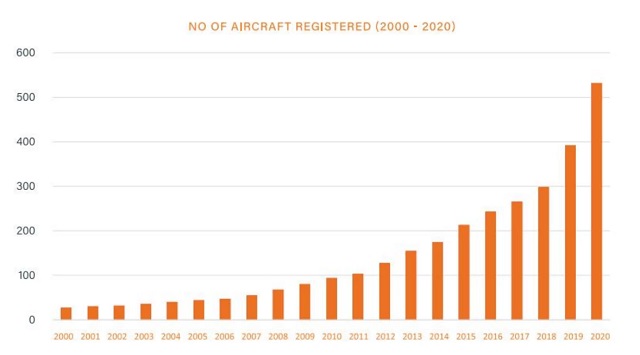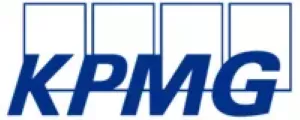What is triggering this move? EU Membership? A safe and sunny island?
The aviation sector in Malta has recently experienced significant growth, with the Maltese aircraft register listing over 500 aircrafts and the number of Air Operator Certificate (AOC) holders approaching 40. Here are seven reasons pushing this growth.

1. Ratification of the Cape Town Convention
The Cape Town Convention (CTC) is an international agreement which provides legal certainty to owners, aircraft operators and parties in transactions such as leasing. Not all countries ratified this convention but Malta did. The CTC established a centralised system for the registration of aircraft ownership, liens, leases and contracts, thus permitting financiers of Malta-registered aircraft ease of enforcement of their registered security rights in each jurisdiction signatory to the Convention. The CTC also establishes the right of owners of aircraft to grant an Irrevocable De-Registration and Export Request Authorisation (IDERA) to a secured party.
International interests have full legal force and effect in Malta and take a prior ranking over national security interests. It is not necessary to re-register any registered international security interest in the Maltese National Aircraft Register since these shall be enforceable on their own merits and shall always prevail over the national security registrations in case of conflict. Once an interest is registered in the International Register, it is possible to file a notice in the National Aircraft Register allowing for registration of security interests on condition that the express consent of the creditor is obtained.
2. A Robust Aircraft Registration Act
The Malta Aircraft Registration Act (ARA) introduced rules facilitating the registration of aircraft, and provides for a creditor-friendly body of laws meant to allow owners the possibility to grant mortgages and register international interests over aircrafts and engines (prevailing over Maltese-registered mortgages), Irrevocable De-Registration and Export Request Authorisations (IDERAs) to be filed, and for owner and lessor interests to be registered in the National Aircraft Register. The Aircraft Registration Act also implemented "Alternative A" to the Cape Town Convention.
Other important features of ARA are:
- The recognition of fractional ownership interests of aircraft
- The registration possibilities for commercial aircraft, private aircraft, aircraft under construction or aircraft which is temporarily not being operated or managed
- Visibility of those holding rights and interests in aircraft upon request
3. Securitisation and cell companies
Securitisation is a structured approach to raising finance or to convert illiquid assets into cash. Originators set up and transfer assets to a special purpose vehicle financed by investors. The Malta Securitisation Act, in force since 2006, scopes in a wide variety of assets that may be securitised including aircraft, helicopters and space assets. Special tax deductions are allowed in securitisation transactions that enables tax efficient structuring. It is also possible to set up cell companies whereby assets and liabilities of each cell are protected from those of other cells within the same company.
4. Tax benefits
Tax incentives are available to both companies and individuals. At a corporate level, all aircraft parts may be tax depreciated over an accelerated period of four years. No withholding tax is imposed on dividends, interest and royalties, including lease payments irrespective of the residence state of the lessor. A special source rule deems income from international air transport as arising outside of Malta thus enabling certain entities not to be subject to tax on such income. At a personal level, a 15% personal tax rate applies to certain expats working in aviation.
5. An established aircraft maintenance hub in Southern Europe
Malta is home to some well-known Maintenance, Repair and Overhaul ('MRO') entities such as SR Technics and Lufthansa Technik which provide D check maintenance services to both narrow bodied and wide bodied aircraft and which together employ around a thousand people. Despite its geographic size, Malta has several runways, the longest of which is 3.5km and has been visited by the A380 several times.
6. A growing private jet community
The hundreds of people working on the ground in Malta with private jet companies such as Comlux and VistaJet have created a growing aviation community on the island. Accounting and law firms also support such companies through their own experienced aviation specialists.
7. An easily accessible aviation authority
Malta's aviation authority, Transport Malta, does not have a complex hierarchy but is made up of a business-friendly aviation team. Its agenda is to attract not only large aircraft operations but also aircraft operations which might be too small for large countries to consider important or relevant.
Originally Published 02 November 2021
The content of this article is intended to provide a general guide to the subject matter. Specialist advice should be sought about your specific circumstances.


